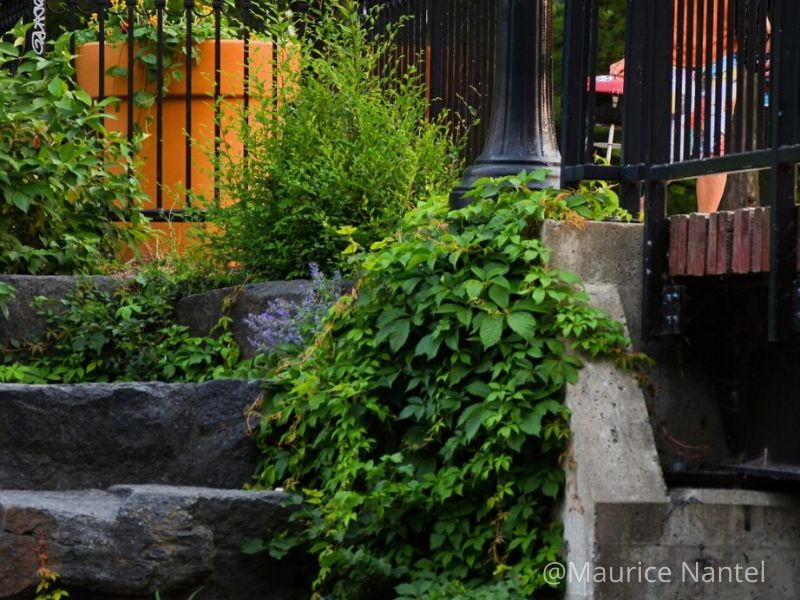
You are French and you want to invest in real estate in Quebec? Here are a few things you should know to help you make your decision.
Buying a house is always an important decision. Whether it’s your first purchase or an investment, buying a home is always a step that requires some thought. Like everything else in life. Maybe even a little more than other things…
The situation is probably a little more complex when it comes to someone who does not have a deep knowledge of the workings and regulations here. This is the reason for this article in which we try to facilitate the understanding of some key elements that could help potential French owners in their acquisition of real estate property in the Belle Province.
First good news
Let’s start with the good news: a French person who is not fiscally resident in Canada can obtain a loan from a Canadian bank to finance his or her real estate purchase project. Moreover, the notary fees are much lower than the 7% of the sale amount as practiced in France. Indeed, they often do not exceed 1500 Canadian dollars, which largely compensates for the loan rates which are a little higher in Canada. But with the weakness of the Canadian dollar at the moment, acquiring a property in Canada can be very interesting, especially in Quebec where the real estate market remains accessible compared to the rest of Canada.
There are agreements in place
In addition, agreements exist between Canada and France regarding the taxation of property income. In fact, the French are exempt from double taxation on their property income thanks to a system of tax credits obtained in France. This is a problem solved!
The lexicon is important!
We speak the same language in Quebec and in France, however, there are some small nuances and differences that must be mastered and understood in order to better know how to proceed. Here are some of the nuances and lexical differences to understand before engaging in any real estate transaction.
1. The basics
You are more likely to hear the word “condo” in Quebec to refer to an apartment and “single family” to refer to an individual house. Important to know, isn’t it? While a duplex in Montreal is a building with two units that can belong to the same owner.
In Quebec, a real estate loan is called a mortgage. This means exactly the same thing with all that it implies: repayments, amortization period, etc. And speaking of amortization, as far as the terms of the loan are concerned, in France the duration of the contract is equal to the amortization. However, in Canada, the rate is fixed for the duration of the term and often at a variable rate.
2. The Welcome Tax
Nice name for a tax, isn’t it? But don’t let the name fool you! That is how the transfer tax is called! Why not! The name comes from the civil servant of the time, Mr. Bienvenue, who introduced this tax. It’s more cheerful we’ll say…
3. A personal contribution is required
It is important to remember that a personal contribution of approximately 35% of the cost of the acquisition is required if you decide to embark on such a project. However, this amount can be much less depending on whether you have a job here or on your investor profile.
Now, all you have to do is to assimilate your lexicon and think carefully about how to get a property you like in Quebec.
Via Capitale du Mont-Royal, one agency, 72 brokers.
It is very important to know that real estate agents in Quebec are called brokers. All brokers are obliged to collaborate and communications between us go through an inter-agency system (MLS). So you choose a broker with whom you have complete confidence and that broker opens the doors to thousands of homes for sale in Quebec.
In addition, unlike in France, you do not have to pay for your broker’s services, as the posted prices of the houses include commissions.
Our agency is composed of over 70 brokers who work with clients from all over the world, and over 20% of our transactions are with French-speaking Europeans. We can say that we understand your needs and are perfectly positioned to assist you in this process.
Here is a useful link that explains the differences in the practice of real estate brokerage in Quebec, France and the United States. Enjoy your reading!
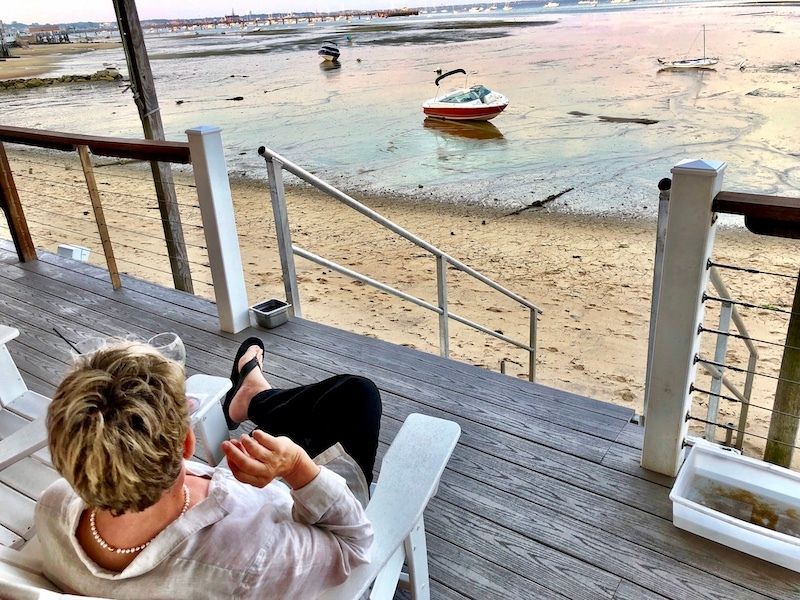
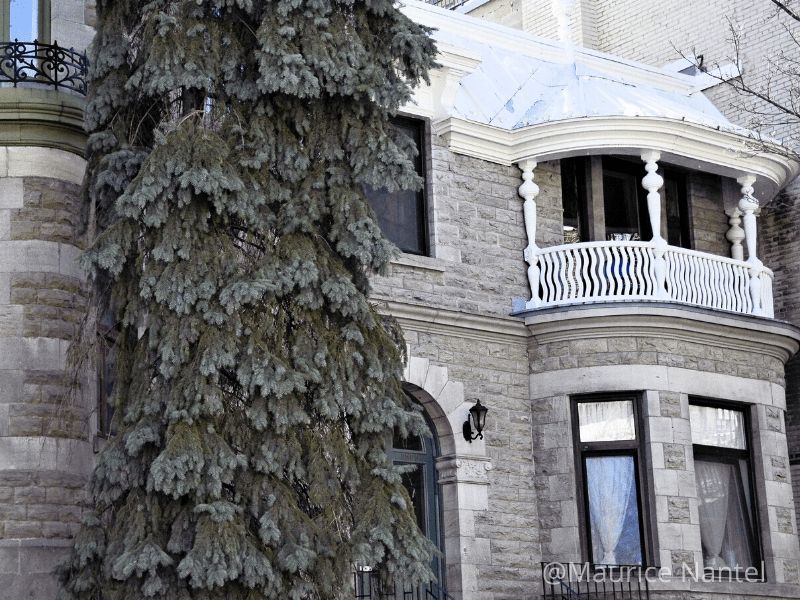
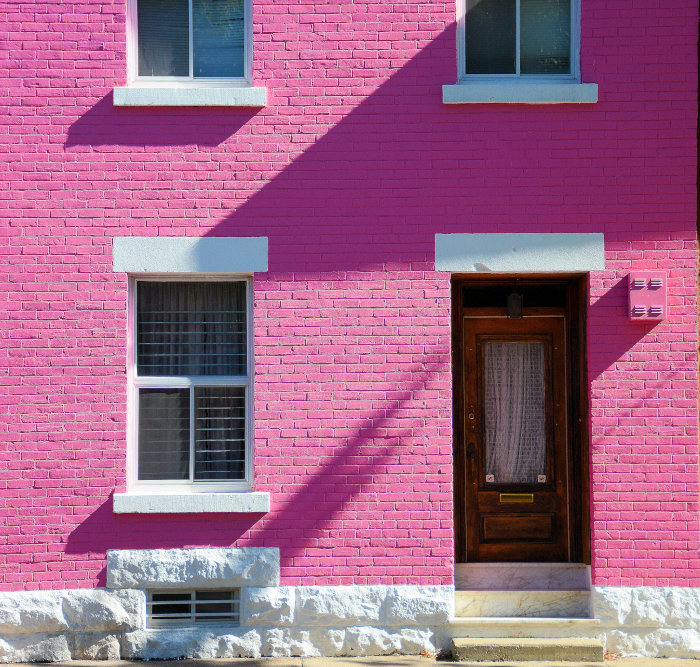
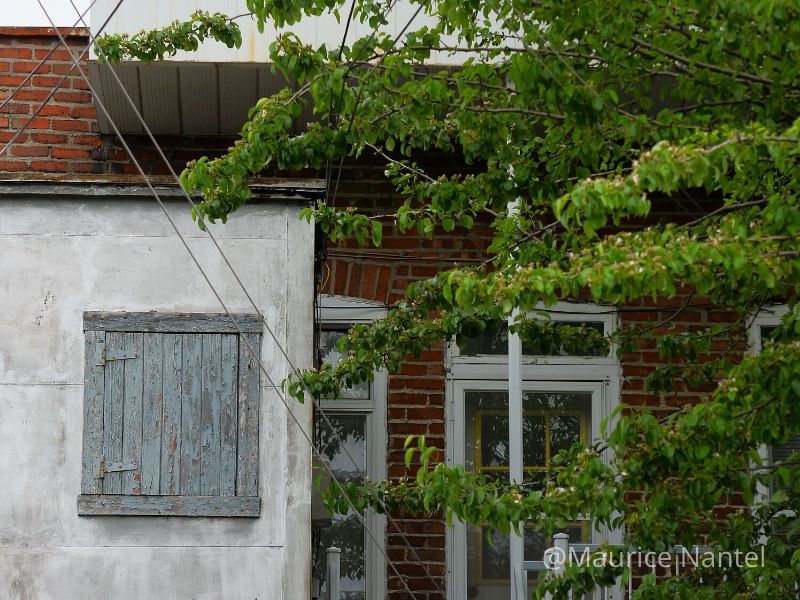
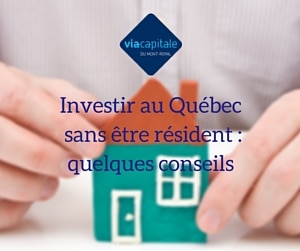
0 Comments